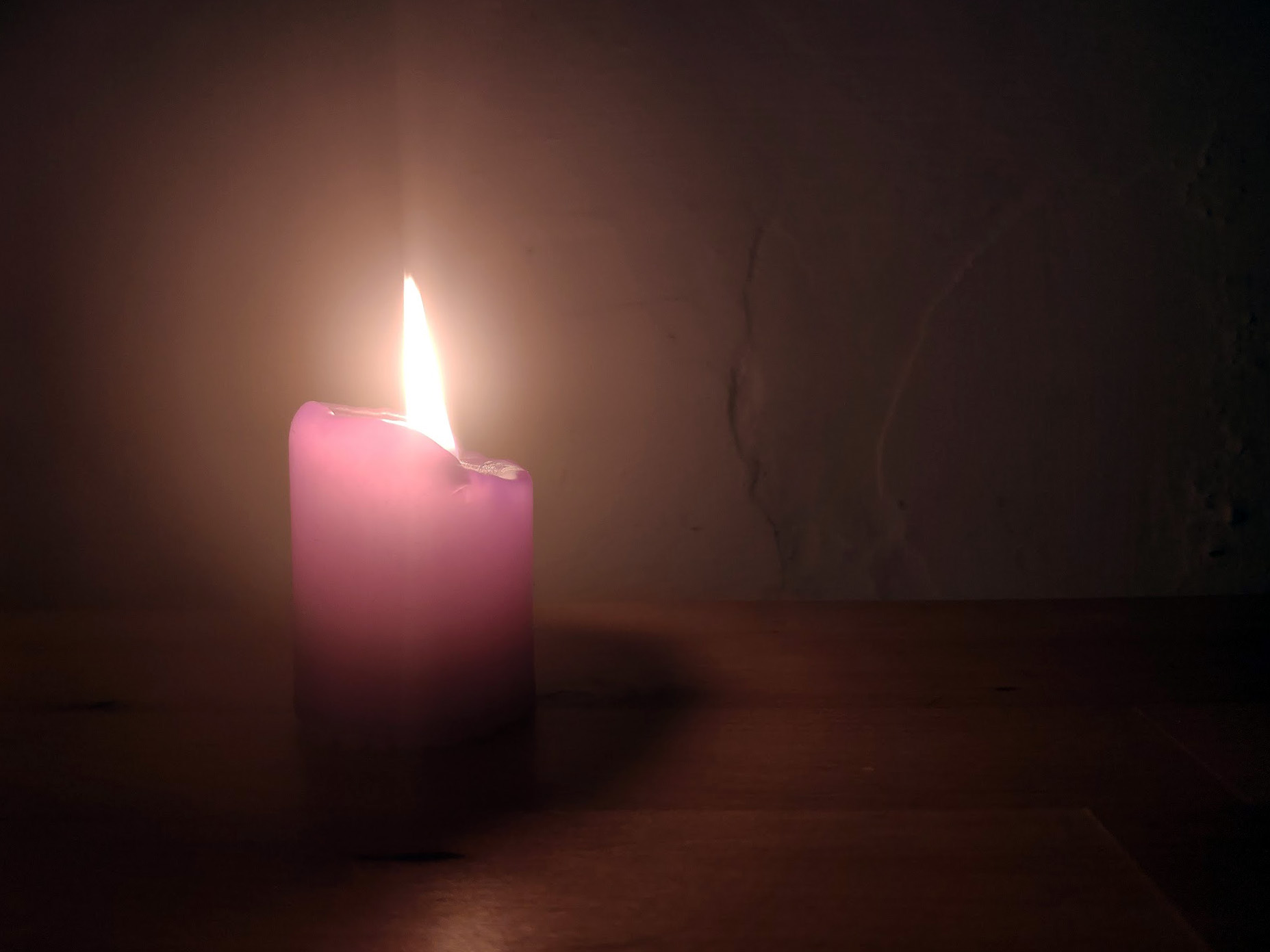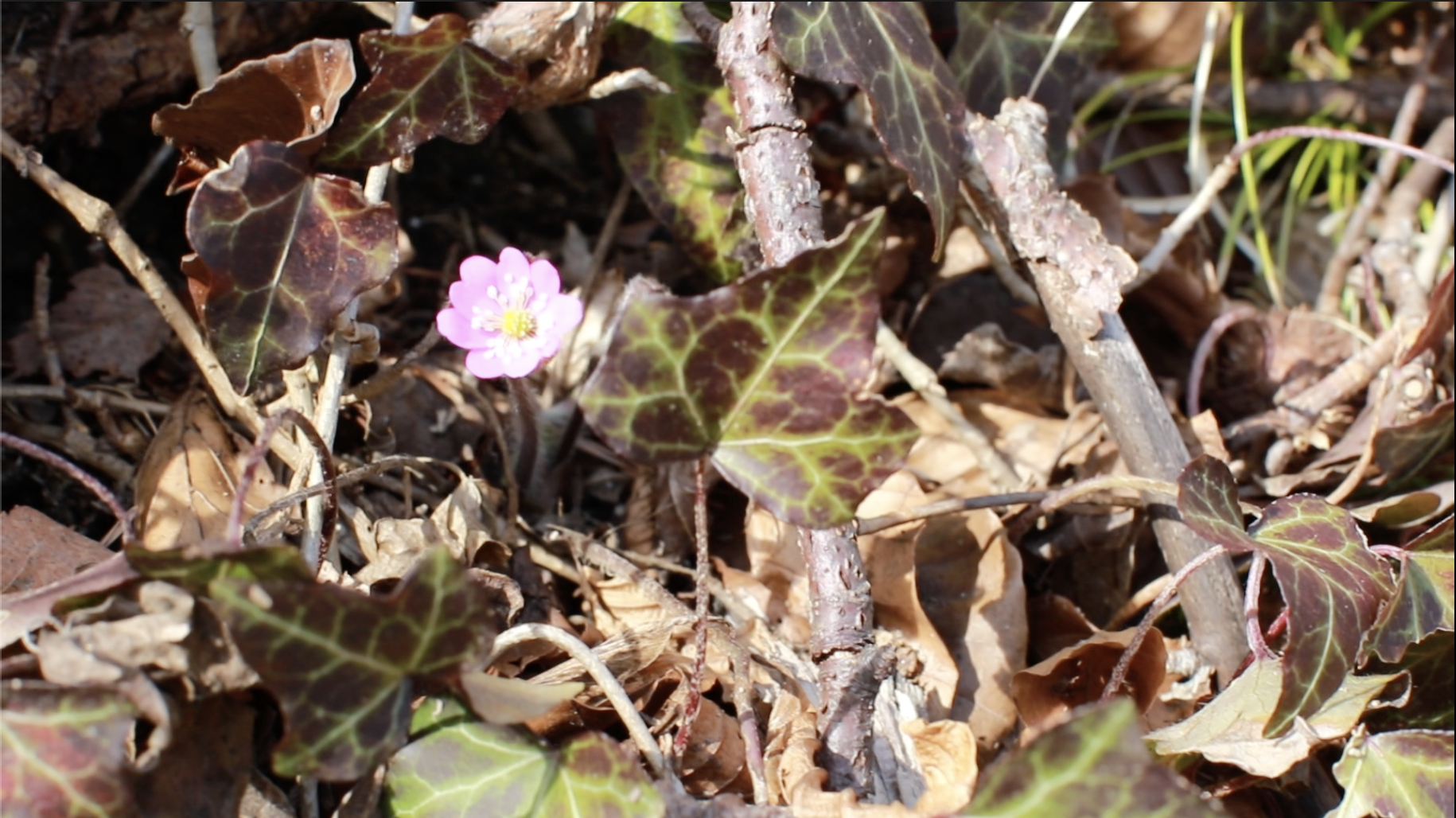
Within the tension of domestic conflict: Learning to breathe, again
Advocacy groups have been calling attention to the situation of vulnerable people, especially women and children, trapped at home with their abusers during the quarantine.

Numerous apps, resources, and hotlines are out there, which those in distress are encouraged to use. Generally, if someone is living with a criminal who breaks clear laws in their use of violence, it can be easier for a victim to signal a concrete problem and reach out for help. But for many, living with a person who engages in abusive behaviors means dealing with someone who is gaslighting, controlling, threatening, and suffocating the existence of the other.
I recently spoke with one woman about these strange days and asked her if I could share some of what we discussed. She is living quarantined in a house with the man she is in the process of divorcing. As her case was nearing resolution, the courts closed due to the pandemic. After experiencing intrafamilial childhood sexual abuse and a series of unhealthy relationships with men, she has been on a path of healing that has included establishing better boundaries, learning what healthy relationships are, and how to advocate for herself. This work has given her the strength to exit the dysfunctional marriage she was in when her partner's extensive history of betrayal and deception came to light.
I asked what she does to get herself and her kids through these difficult days. Among the diverse strategies she routinely employs, she shared a practice with me that she recently returned to: disciplined breathwork. She explained, “I learned of it years ago without realizing the full power of its effect, until now. It has been one of the most transformative tools for me because it is always accessible, it requires no special equipment, location, or setting. I have no obstacles to doing the practice, I only need to make the choice to do it. That is really empowering and freeing. The more available it is, the more impact the breathing itself can have.” One of the methods she uses daily is a practice popularized by Wim Hof.
She says she has “no expectation for her kids to participate. It’s vital to just do it for my own well-being, and in turn, modeling it for them can help build their resilience.”
She asked me what I was doing to take care of myself during the quarantine. I shared about taking time first thing in the morning to write down what day it was in my journal, and to pray; focusing on forgiveness, gratitude, intercession, a passage of scripture, and simply being with God. Then I asked her how she begins her days. She responded, “I prioritize entering a state of prayerful reflectiveness upon waking.” I asked her what that looks like. She explained, “Having quiet time alone in the morning grounds me in my body. I sit in meditation, sometimes guided by audio. I have no expected outcomes, only that I keep my commitment to show up every day. Even when I feel resistance and I am easily distracted, I return to the practice.” She recounted how morning invocation time has been a part of her life since her childhood.
She grew up Catholic, but a world of hurt stands between her and the tradition. To make a brief sketch of a complex ordeal, her parents avoided directly addressing the sexual abuse that took place in the family when she was a child. Her parents spoke about it with the parish priest and in response, the priest came over to bless the house. There was no resolution or support for the children affected by the situation, and the trauma continued to metastasize in the family and household like a hidden cancer. Years later, this same priest, a charismatic leader in the community, was dismissed from the clerical state after being credibly accused of abusing minors.
We talked about how the closure of churches due to coronavirus has brought a sense of relief for some people. For those whose locus of abuse is a churchplace, office, or school, this time of distance might bring deliverance. However, when victims find themselves abruptly distanced from their abusers, it can feel disorienting. During this time of disruption of the cycle and physical distance from their abuser, some may find the inner strength to come forward and reach out for help, rather than staying in “freeze” until the status quo resumes. A sense of relief in this time could be an inner signal that something “outward” needs to change.
Our conversation touched on how the situation of a global disturbance can also strangely bring about a “sense of relief” in some persons who have experienced trauma. “It’s a familiar place — chaos.” She explained how a large portion of her healing journey has been to differentiate her true self from the harm she experienced in her past, in her marriage, and to discern what true safety really is for her. She shared about the empowerment triangle as an alternative to the drama triangle and how this shift in her mindset has had outward benefits.

She continued, “Other foundational aspects of our lives, since before the current circumstances, include a strong connection with nature and a daily gratitude practice. It has been vital to continue and deepen in both of these during this time. Nature is the master soother and co-regulator, supporting the process of moving strong energy through the body — and we all have a lot of that these days. Offering gratitude, even in difficult times, reminds us that life is always ‘both/and’; we can find gratitude in noticing what ways we are blessed even when things are challenging, unjust, and downright harmful. For many years now, I haven taken time each day to make a list of at least five things I feel grateful for. At the end of each day, my children and I take a moment to share reflections of gratitude as part of our bedtime routine.”
She also shared a few songs that are spiritually uplifting her these days:
Breathe It In – Beautiful Chorus
Breathe it in
Let it out
Breathe it in
Let it go
Don’t Hold Your Breath – by Wookiefoot
Worry will not take away your trouble tomorrow
Only take away your peace today
Worry will not take away your pain, your sorrow
Bring it back to the breath and it can all melt away
3 Things – Jason Mraz
Yeah the third thing that I do now when my world caves in,
Is I pause, I take a breath--and bow--and I let that chapter end.
I design my future bright not by where my life has been,
And I try, try, try, try, try again.
While our conversation and the above-mentioned resources are particular to what has been beneficial for one person’s journey, I found this story to be a signal of hope that it is possible to create a small space for growth even in the midst of uncertainty, to take up an old practice, learn a new song, and to experience interior freedom even in adverse circumstances. A story to reassure those who are feeling trapped that help is out there and healing can be written into the next chapter.

